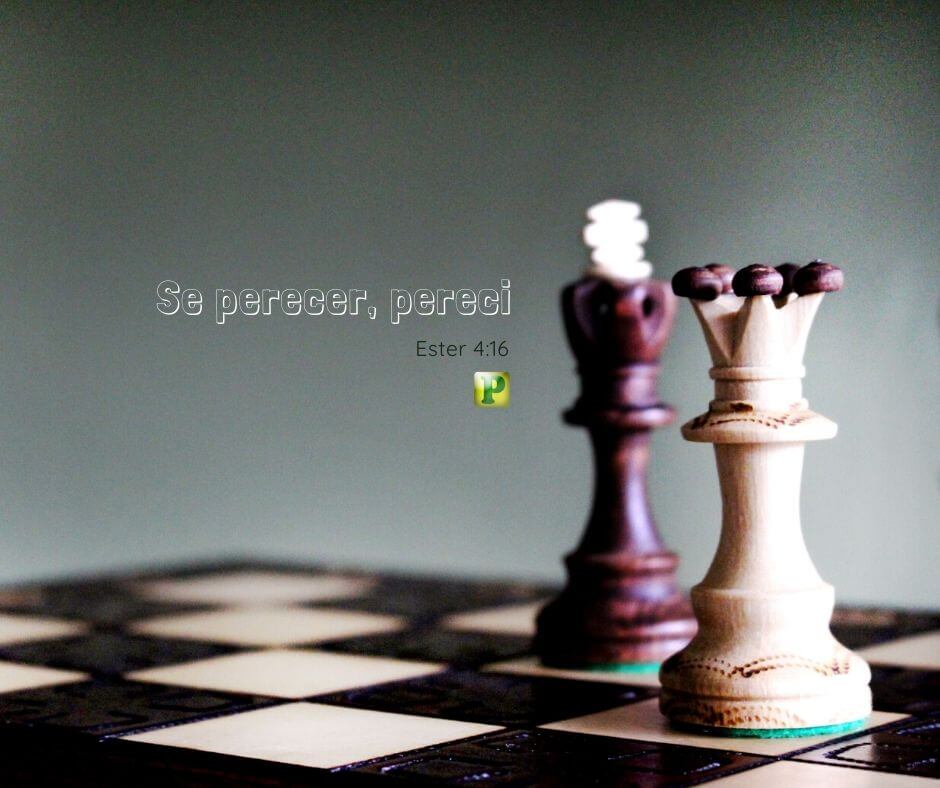What have we put inside our temple?
Preaching Outline on Nehemiah 13:4-8 – Before this, the priest Eliashib had been in charge of the storerooms of the temple of our God. He was a close relative of Tobiah and had given him a large room, previously used to store the grain offerings, the incense, the temple utensils and also the tithes of wheat, new wine and oil prescribed for the Levites, the singers and the gatekeepers, as well as the offerings for the priests. But while all this was going on, I wasn’t in Jerusalem, because in the thirty-second year of the reign of Artaxerxes, king of Babylon, I returned to the king. Some time later, I asked his permission and returned to Jerusalem. Here I learned of the evil that Eliashib had done by giving Tobias a room in the courtyards of the temple of God. I was very upset and threw all Tobias’ furniture out of the room.
Introduction to Nehemiah 13:4-8
Nehemiah, a man of deep faith and courage, led the people of Israel in rebuilding the walls of Jerusalem, a symbol of the restoration of the city and the identity of the people. But Nehemiah’s work was not limited to the physical walls. He also dedicated himself to the spiritual reconstruction of Jerusalem, confronting the sins of the people and restoring the purity of God’s worship.
In Nehemiah 13, we find the account of Nehemiah’s return to Jerusalem after a period of absence. To his chagrin, he discovers that many of the problems he had previously fought had resurfaced. The people had strayed from God’s commandments, worship was corrupted and social injustice prevailed.
One of the most serious problems Nehemiah encountered was the desecration of the temple. Eliashib, the high priest, had granted Tobiah, an Ammonite, a room in the Jerusalem temple. This action was a serious violation of God’s Law, which forbade Ammonites from entering the temple.
Piled up in a corner, Nehemiah found the sacred utensils of the temple, covered in dust and neglected. The sanctity of the temple, the house of God, had been desecrated by the presence of a foreigner, an enemy of God’s people.
Outraged by the situation, Nehemiah took drastic measures to purify the temple. He threw out all of Tobiah’s belongings, cleaned the room and restored the sacred utensils to their rightful place. Nehemiah showed zeal for God’s house and the courage to confront sin, even when committed by people in positions of authority.
Development
The holiness of our inner temple:
Just as the temple in Jerusalem was considered a holy place, our body, mind and spirit are also temples of the Holy Spirit. “Do you not know that your body is the temple of the Holy Spirit who dwells in you from God, and that you are not your own?” (1 Corinthians 6:19). We must therefore guard our “inner temples” with the same reverence and care that Nehemiah showed for the physical temple.
What have we allowed into our hearts and minds? What thoughts, feelings and influences have been taking up space inside us? Are we guarding our temples diligently, or have we allowed “Tobias” to take up residence in our hearts?
Just as Nehemiah expelled Tobiah’s belongings from the temple, we must also expel from our lives everything that does not please God: impurity, malice, envy, bitterness, selfishness. We must purify our hearts and minds, seeking holiness and communion with God. “Let us cleanse ourselves from all filthiness of the flesh and spirit, perfecting holiness in the fear of God.” (2 Corinthians 7:1).
The influence of the world on our temple:
The world around us is full of “Tobias”, people and influences that seek to divert us from God’s path. The media, popular culture, bad company, all these things can contaminate our hearts and lead us away from God’s will.
We must be vigilant, like Nehemiah, not to allow these negative influences to take root in our temples. We must resist temptations, reject lies and cling to God’s truth. “Do not love the world or anything in the world. If anyone loves the world, the love of the Father is not in him.” (1 John 2:15).
Just as Nehemiah purified the temple after Tobiah’s expulsion, we must also seek the constant purification of our hearts. We must confess our sins, repent of our mistakes and seek God’s forgiveness. “If we confess our sins, he is faithful and just to forgive us our sins and to cleanse us from all unrighteousness.” (1 John 1:9).
Worship in our temple:
The temple was a place of worship for God, where people gathered to offer sacrifices, pray and celebrate. In the same way, our hearts should be places of constant worship to God.
We must dedicate time to praying, reading the Bible, meditating and praising God. We must seek his presence at all times, recognizing his sovereignty and his care. “Worship the Lord in the beauty of his holiness; tremble before him, all the earth.” (Psalm 96:9).
Just as Nehemiah restored the utensils of the temple to their rightful place, we must also put God at the center of our lives. We must seek His will in all areas, allowing Him to guide and direct us. “Seek first the kingdom of God and his righteousness, and all these things will be added to you.” (Matthew 6:33).
Conclusion of Nehemiah 13:4-8
May we, like Nehemiah, be zealous for the holiness of our inner temples. May we cast out everything that does not please God, resist the negative influences of the world and dedicate our lives to worshipping the Lord.
May our hearts be places of peace, joy, love and communion with God. May we live in a constant state of worship, recognizing that we are temples of the Holy Spirit and that God dwells in us. May Nehemiah’s story inspire us to guard our temples diligently, to seek purity of heart and to live for God’s glory.
Preaching Outline on Nehemiah 13:4-8 – Before this, the priest Eliashib had been in charge of the storerooms of the temple of our God. He was a close relative of Tobiah and had given him a large room, previously used to store the grain offerings, the incense, the temple utensils and also the tithes of wheat, new wine and oil prescribed for the Levites, the singers and the gatekeepers, as well as the offerings for the priests. But while all this was going on, I wasn’t in Jerusalem, because in the thirty-second year of the reign of Artaxerxes, king of Babylon, I returned to the king. Some time later, I asked his permission and returned to Jerusalem. Here I learned of the evil that Eliashib had done by giving Tobias a room in the courtyards of the temple of God. I was very upset and threw all Tobias’ furniture out of the room.
More Preaching Outlines
- ELIASIBE’S rejection – Nehemiah 13:29
- Eliashib and Tobiah’s furniture – Nehemiah 13:7-9
- The flight of the singers – Nehemiah 13:1-12






